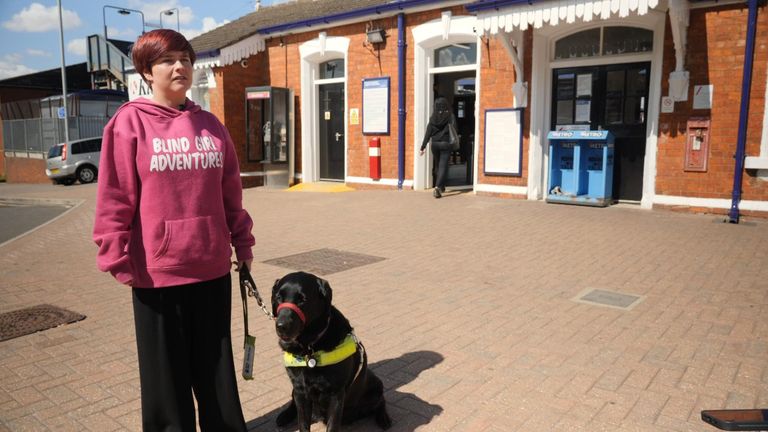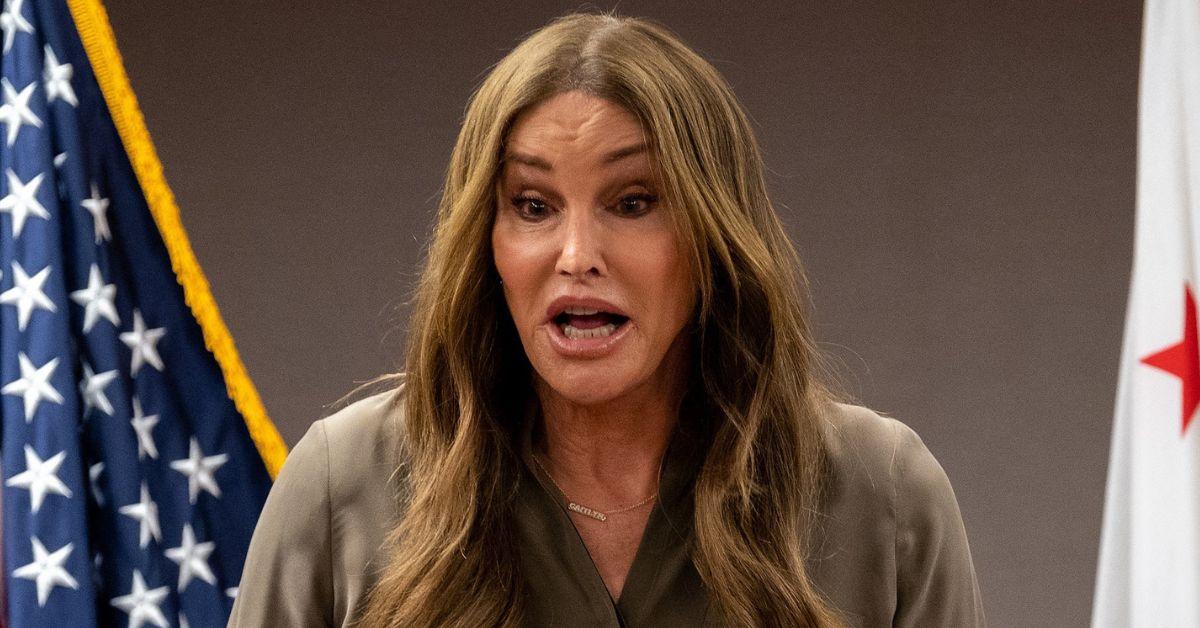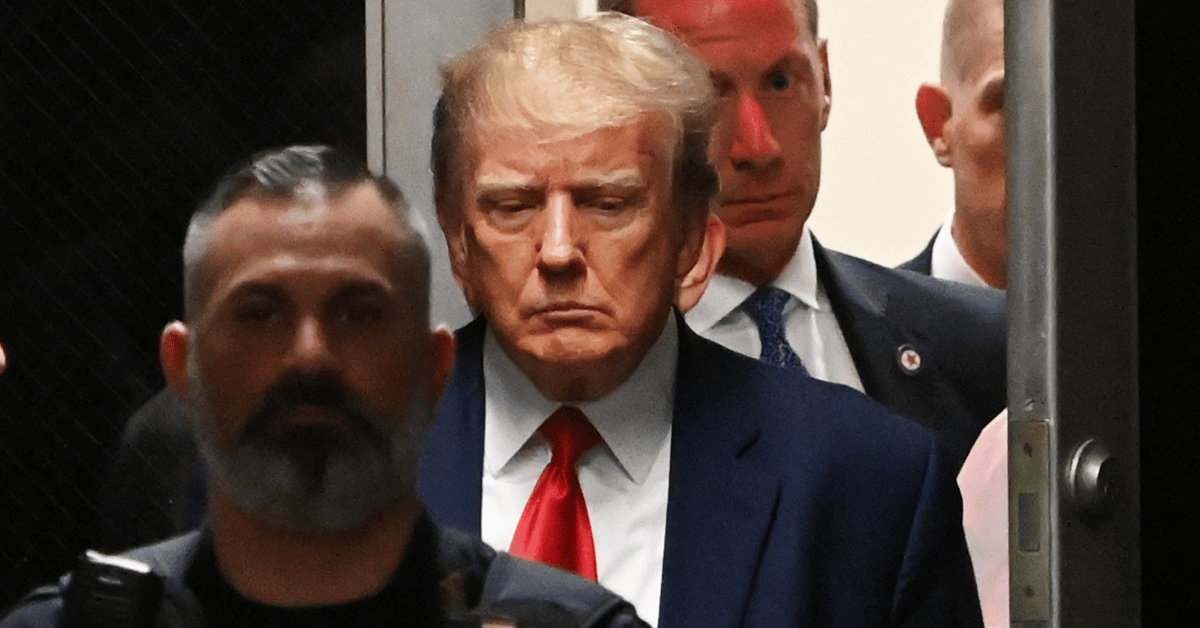Humiliation for Mark Harper and blow to rail industry with rollback on ticket office closures | Business News
The abrupt abandonment of plans to close station ticket offices is a victory for passenger groups, unions and campaigners, and another failure of what passes for government rail policy since the pandemic.
What began as a cost-cutting measure Transport Secretary Mark Harper hoped could be forced through in just three weeks has ended in humiliation for the minister, and dealt another blow to an industry rapidly losing public and passenger confidence.
Opposition to the proposals, which would have closed almost 1,000 ticket offices, has been consistent and energetic.
Campaigners argued it would force the disabled and digitally disenfranchised, who cannot or will not book online or use ticket machines, off the railways.
The counter-argument, that today just 12% of tickets are bought at ticket offices and staff would be moved from behind counters on to platforms to help customers directly, largely fell on deaf ears.
For unions, into a second year of industrial dispute with the rail companies and ministers, it was an easy second front to open in an ongoing battle, one that came with the bonus of a level of public support that is not always a given.
For Labour, and MPs of all parties who sensed local opposition to the closure of a community resource, there was no downside to opposing the changes.
The issue has begun to feature on election leaflets, including in former transport secretary Grant Shapps’s constituency.
The initial 21-day consultation was extended to two months as rail companies were overwhelmed with responses, but earlier this month at the Conservative Party conference Mr Harper was insisting he still backed the measures.
“We are supporting what the industry is doing on the ticket office move, where we want to get people out of ticket offices – where most people don’t buy tickets – but into stations to be better able to support customers, particularly those customers who don’t use the railway as often, so they can have a better customer experience” he told a fringe meeting.
Yet three weeks later he has pulled the proposals entirely after two passenger watchdogs refused to sign them off, an effective veto he may not have counted on.
Mr Harper blamed the train companies he asked to push through the plans for “failing to meet the high thresholds set by Ministers”, which will doubtless further sour relations with industry.
What it will not do is address the genuine transformation in the way we buy tickets in the best interest of passengers.
With more than 50% of tickets bought online it is not unreasonable to ask if the current structure is still appropriate, but with a highly unionised workforce and little trust on either side, this botched process was not the way to do it.
It also made little sense to try and force it through before the government’s own plan to simplify and take control of ticketing was completed.
That, however, is part of a planned restructuring of the entire system, called Great British Railways and currently stuck in the parliamentary sidings waiting for a slot in the legislative timetable.
There is no suggestion it will get the green light in next week’s King’s Speech.
Add the cancellation of HS2, the abandonment of the Strategic Rail Plan and the unravelling of Rishi Sunak’s hastily compiled replacement Network North, and no end to industrial action, and little wonder passengers feel they’re taking a risk when they travel by train, however they buy the ticket.




